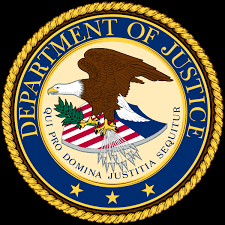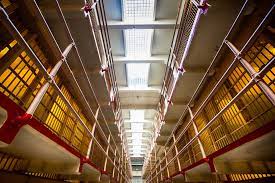False Claims Investigations and Criminal Prosecutions: Recent Examples of Criminal Charges – a Lab Owner, A Physician and a Nurse Practitioner (Part V of V)

A False Claims Act case can easily turn into a criminal prosecution.
The Federal Bureau of Investigation often initiates criminal investigations as part of its commitment to reducing health care fraud. Working closely with an Assistant U.S. Attorney, DOJ often prosecutes physicians, lab owners, and associates in criminal cases stemming from fraudulent billing and unnecessary medical services.
In a stark example, the owner and a CEO of a Tennessee laboratory was charged via compliant with violating the Anti-Kickback statute for his role in executing a massive fraud scheme involving Medicare billing.
The criminal complaint was unsealed and Fadel Alshalabi was arrested in Chicago and returned to the Middle District of Tennessee to face criminal charges. Alshalabi was the CEO and owner of Crestar Labs.
According to the complaint, beginning in 2016, Alshalabi engaged in a scheme to pay kickbacks in exchange for soliciting genetic testing of Medicare beneficiaries. Alshalabi owned additional labs in Baltimore, Maryland and Dallas, Texas.
Alshalabi contracted with marketing companies to target and recruit elderly and cancer patients who were Medicare beneficiaries to obtain their genetic material for conducting genetic tests. Alshalabi’s sales manager was previously charged with a felony.

Marketing agencies obtained swabs of saliva from the mouths of patients at nursing homes, senior health fairs and at other events. The tests were approved by telemedicine doctors who did not treat or engage the patients, and usually did not speak to the patients for whom they ordered the tests. In most cases, the patient or their treating physicians never received the results of the tests.
In exchange for these genetic test orders, Alshalabi paid illegal kickbacks and bribes for the doctors’ orders and tests without regard to medical necessity. Crestar billed Medicare $86 million covering the period 2017 to the present. Crestar was paid almost $14 million for these claims.
In another example, in June 2021, a federal jury convicted a Louisville physician and a nurse practitioner for illegal distribution of controlled substances, conspiracy to commit health care fraud and money laundering conspiracy. After a lengthy trial and three days of deliberation, the jury convicted Dr. Jeffrey Campbell, and Mark Dyer, a nurse practitioner and a medical practice group on 13 of the 22 charges.

Between 2009 and 2016, Campbell and Dyer distributed Oxycodone and Methadone, a Schedule II narcotic controlled substance, and submitted fraudulent bills to Medicare, Kentucky Medicaid and Indiana Medicaid programs for physical therapy, counseling and exercise services. In submitting these false claims, Campbell and Dyer assigned codes to reimburse for services that were inapplicable and designed to secure higher reimbursement rates. Campbell and Dyer were convicted of money laundering charges by paying bonuses to incentivize the ordering of physical therapy services using higher reimbursement service codes for physician services when non-physicians actually delivered the services.















